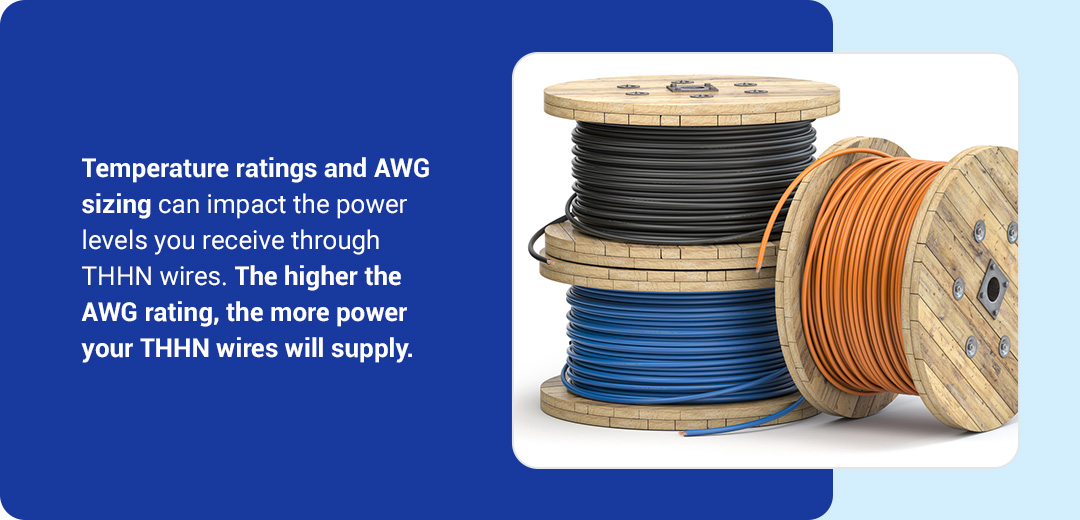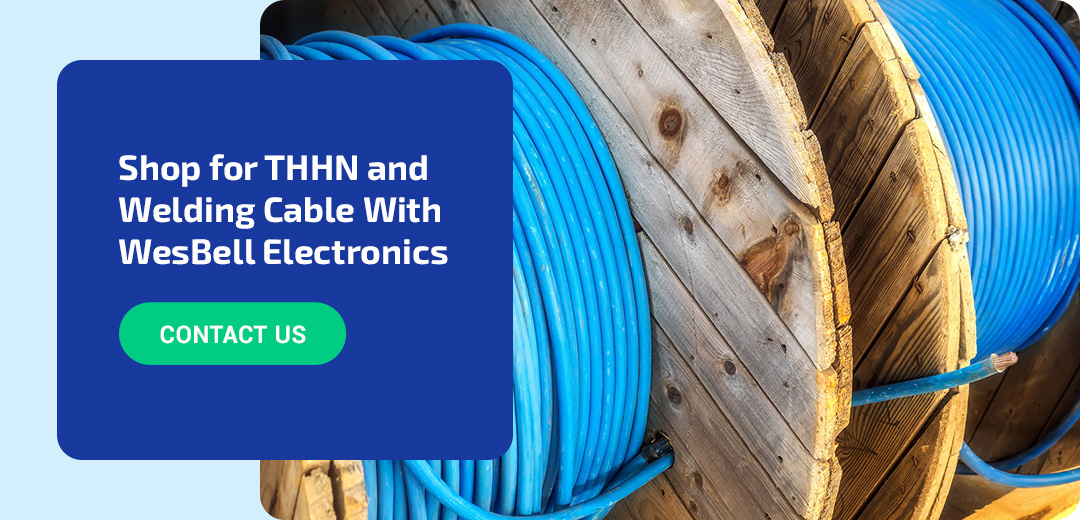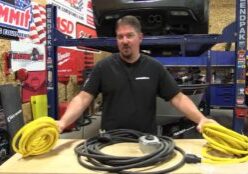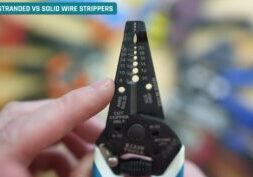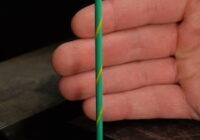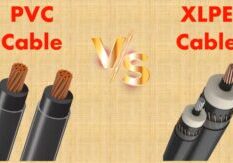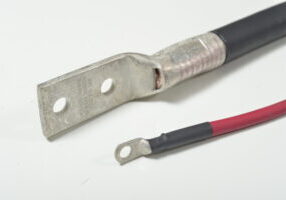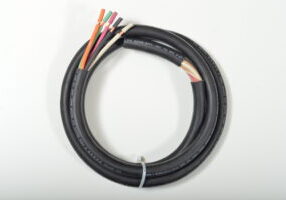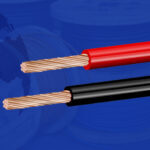
Oct 14, 2020
Welding Cable vs. THHN Electrical Wire
Whether you’re in the construction, automotive or electric business, you’ve likely witnessed the benefits of using welding cables and THHN wires for your projects. These small but mighty wiring options can supply power to your secondary control circuits, machinery and appliances. Wherever you need to supply or transfer power during your projects, welding cable and THHN electrical wire are reliable choices. Knowing the difference between these cables and wires can help you move your project along with as much power as required.
Differences Between Welding Cable and THHN Wire
Many people would benefit from clarification about the differences between THHN electrical wire and 6 AWG welding cable. Although these two products are made from similar materials, copper wire and insulation, there are very important differences concerning usage, flexibility, and durability.
Buy THHN Wire here Buy 6 AWG Welding Cable here
Usage
THHN wire is typically snaked through interior walls. It’s one of the most common wires and is often used quickly and effectively by contractors for permanent electrical work.
6 AWG welding cable is much more versatile, however. It can be hooked up to a welding machine or a portable power cable. Cable like 6 AWG suits indoor and outdoor projects and is best for tasks where versatility is valued and the environment is difficult for normal kinds of cable.
Welding cables are common for automotive repairs and upgrades due to their versatility with battery cables. When you compare a welding cable vs. a battery cable, the main difference is you can use both inside a vehicle, but one cannot replace the other.
When a battery cable snaps or loses power, you can replace those wires with welding cables to keep the vehicle’s battery running properly. However, you cannot replace a welding cable with a battery cable, as the former has more voltage supply than the latter.
Flexibility
Two factors affect wire and cable flexibility, namely insulation and copper strands.
THHN wire has tightly bunched copper strands that give it a rigid and inflexible quality. A nylon coating adds to this effect, helping to prevent outside environments, like gases and liquids, from corroding the wire and allowing thick insulation to protect it.
6 AWG welding cable contains thinner copper strands and rubber insulation. The rubber protects the cable from harsh environments and lends a flexible and bouncy quality. This type of cable has this quality is not only because of the many places 6 AWG is used and because welders have to coil and uncoil the same roll of cable multiple times throughout a project.
Durability
THHN cable is highly durable for what’s it’s used for. This type of wire is meant only to be installed once and the same traits that make this wire inflexible also make it the most lasting type of wire in its class. However, when looking at overall durability, the ability of 6 AWG cable to withstand various environmental conditions and possible damage makes it the more durable cable of the two.
Can You Use Welding Cable for Electrical Wiring?
A common question among users is whether you can use welding cables for electrical wiring purposes. While welding cables are designed for high flexibility and durability in tough environments, they may not always meet building codes for permanent electrical installations within walls or structures.
Welding Cable Ampacity NEC
Understanding welding cable ampacity NEC (National Electrical Code) standards is crucial for ensuring safety in your projects. Welding cables must handle high current loads without overheating or degrading over time.
AWG to THHN Conversion
Temperature ratings and AWG sizing can impact the power levels you receive through THHN wires. Depending on your current electrical project, you can choose AWG welding cables above or below the standard 6 rating discussed above. The higher the AWG rating, the more power your THHN wires will supply.
The common AWG to THHN conversion amounts include the following:
- THHN 10, 12 and 14 AWG: The lowest AWG to THHN conversion rating is THHN 10, 12 and 14 AWG. These electrical wires are smaller in size to transfer power throughout circuit-size internal sockets or small appliances. While these THHN wires have the least amount of power available on the market, they typically weave together in threes inside PVC jacket material for just enough electricity in minor projects.
- THHN 8, 6, 4 and 2 AWG: Your typical stove, dryer and larger appliances use THHN 8, 6, 4 or 2 AWG wiring. Similar to 10, 12 and 14 AWG THHN wires, you often see three wires bound together in a PVC jacket. You will also find a bare copper wire among the other three for these more powerful wires. For larger in-home projects, you can trust the additional power and increasing sizes of THHN 8, 6, 4 and 2.
- THHN 1/0 and above: You need immense power to choose THHN 1/0 or higher for your electrical project. These ratings indicate the highest power supply you can use with the help of up to 1,000 amps. THHN electrical wires with a rating of 1/0 or more are excellent for providing electricity to multiple appliances simultaneously. You can power stoves, dryers, sockets and other household items requiring electricity.
Aluminum or copper-clad aluminum THHN electrical wires can withstand 75 to 90 degrees Celsius no matter their AWG size and rating. This impressive temperature measurement means they can continue functioning and transport power for long periods without burning out.
If you are starting a project and deciding which THHN electrical wire to use, feel free to reach out to us at WesBell Electronics for guidance. Each project is different and requires the proper wiring to function. We can help you find the best choices for your situation.
Shop for THHN and Welding Cable With WesBell Electronics
No matter what electrical project you are looking forward to next, Wesbell Electronics has your wiring needs covered. Our wide selection of electrical wires and single-conductor portable cord welding cables allows you to access the options that best suit your project.
If you are still determining which hook-up wire you need for your next project, we can help make your decision easier. One of our experienced team members can assess your needs and suggest the proper wires and lengths to help you succeed.
You can also enjoy our wide range of services to help you create even more wiring opportunities. From cutting your cable to a desired length to multiconductor electronic cable preparation, we are here to make all your wiring needs easier.
Give us a call today at 1 (800) 334-8400 with any questions you have about our wiring and cable selections.

